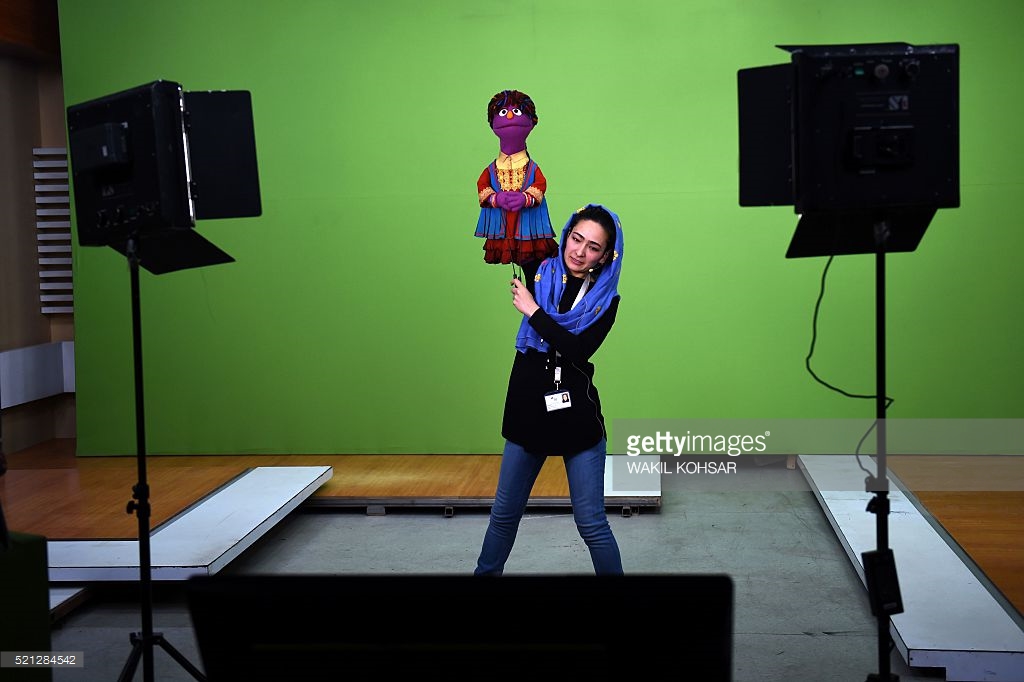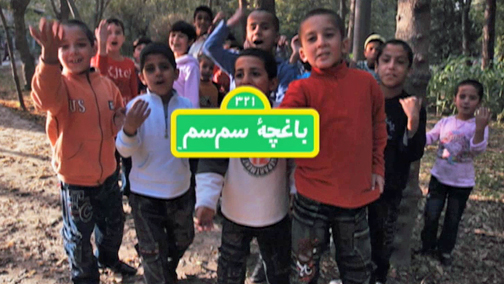
Afghanistan’s ‘Sesame Street’ Rolls Out Exemplary Lessons
by Shubhangi Jena July 19 2017, 5:47 pm Estimated Reading Time: 2 mins, 27 secsAfghanistan’s popular ‘muppet telecast show’ does more than just entertain- it imbibes a hard-hitting lesson amongst the viewers. The show named Baghch-e-SimSim started hitting smart notes by advocating egalitarianism and gender equality through its medium. There have been heavy attempts at bridging the social rifts that rose due to the invasions and civil wars. The previous year, a new character was introduced by the show whose assignment had been to plant the importance of education and equality in young minds. The idea of introducing this new marionette named ‘Zari’ which translates to ‘glistening’ in the official languages-Pashtun and Dari was highly applauded by the young and old alike.
.jpg)
The success of Zari impregnated a new idea- to introduce a male character who would also advocate the same. Since one is inclined to grasping ideas advocated by one’s gender (a sense of fraternity) the male character will catch the attention of young lads. The new muppet is named Zeerak (Pashtun for smart) shall be seen donning the native Afghan attire and a beaming with an affinity for books and schools.

In an interview with APnews, (Associated Press) Massood Sanjer, the head of TOLO TV, says, “In a male-dominant country like Afghanistan, I think you have to do some lessons for the males to respect the females. So by bringing a male character to the show who respects a female character, you teach the Afghan boys that you have to respect your sister the same way as you do your brother.”
In a latest episode, Zeerak says, “I love Zari so much and as much as I love Zari, I love her friends too.” This is in dialogue with the envisioned goal in mind- to promote equality.

The producer of the show shares, “Possibly, in the coming years other Muslim countries, which are running this program, might use our characters, such as Zeerak and Zari. They might use our scripts, translate them in their own languages and use them in their countries.” Through his words and works he exudes a magnanimous vision of a more bloodless and amicable Afghanistan.
Bagch-e-simsim broadcasts through two mediums- television and radio transmitter, since the latter is easily accessible to the rural residents.
The Talibans had taken over Afghanistan where they exercised brutal laws, one of which restricted women from going to work and girls from school, treating them as captives on their own soil. The radical Taliban regime was forced from power by the 2001 U.S. invasion that ushered in a democratic experiment and billions of dollars in international aid to help rebuild the country.
Many books and documentaries have been released to up the common standard of living of the current Afghanistan. Almost half of the whole nation is encircled by dark clouds of misery and shows like ‘Baghch-e-SimSim’ are tiny steps to a gargantuan change.




-173X130.jpg)
-173X130.jpg)

-173X130.jpg)
-173X130.jpg)
-173X130.jpg)
-173X130.jpg)
-173X130.jpg)